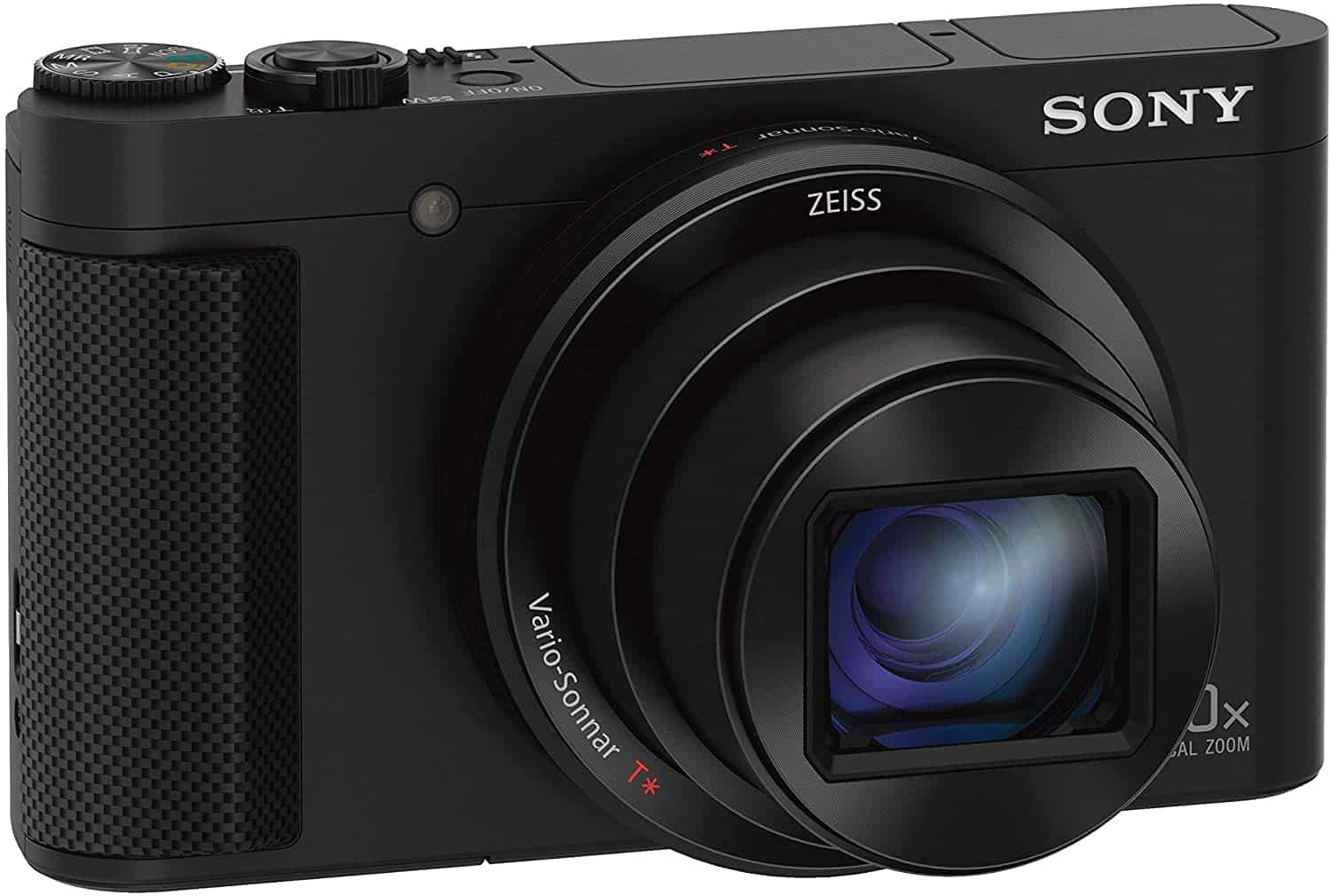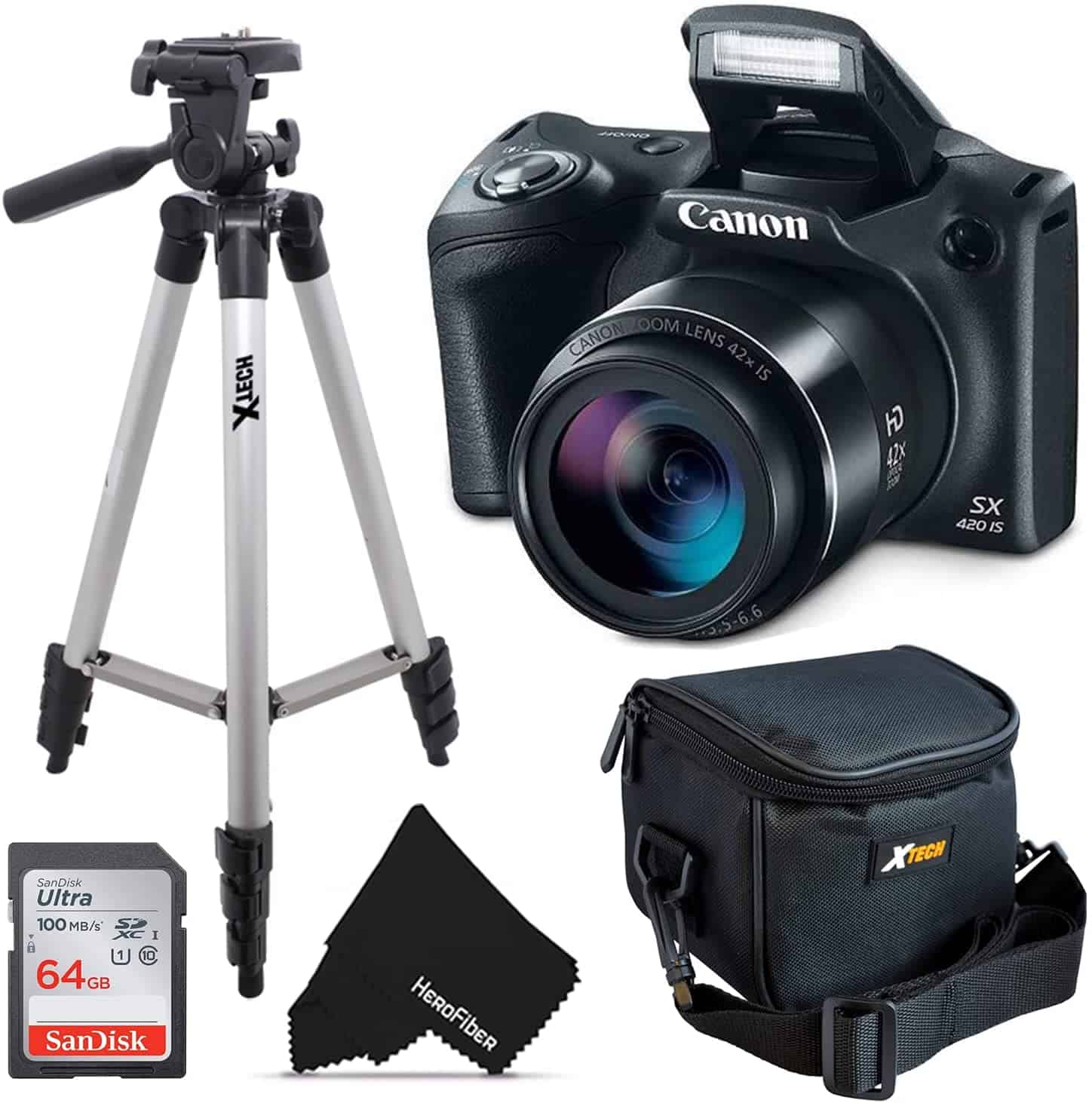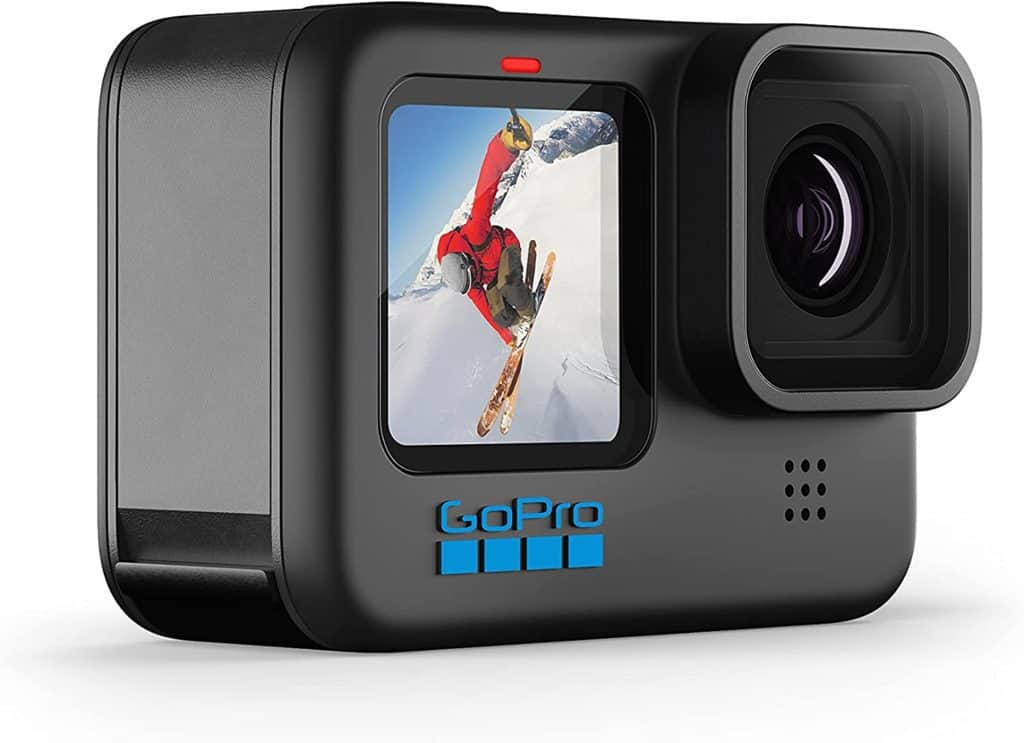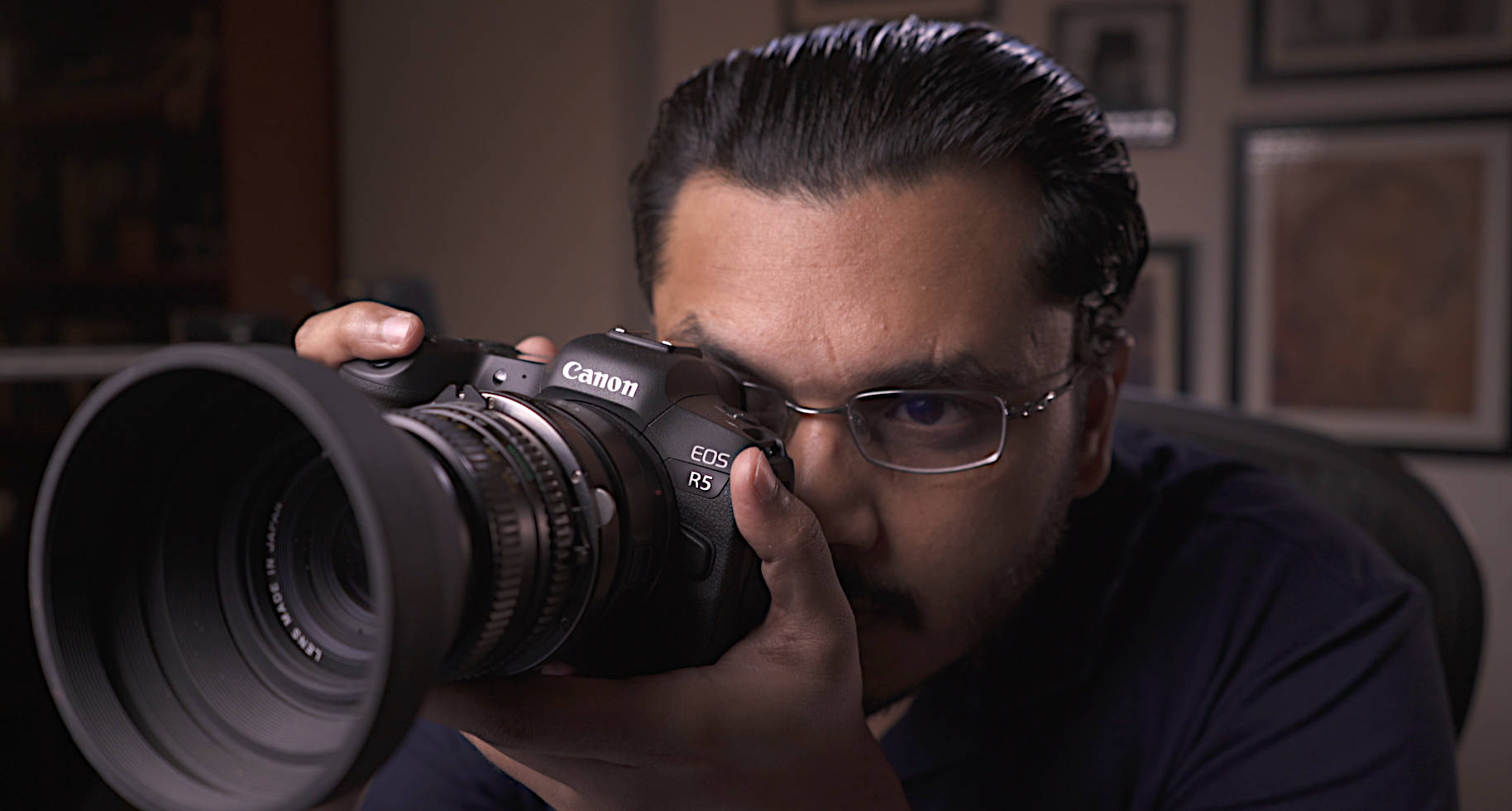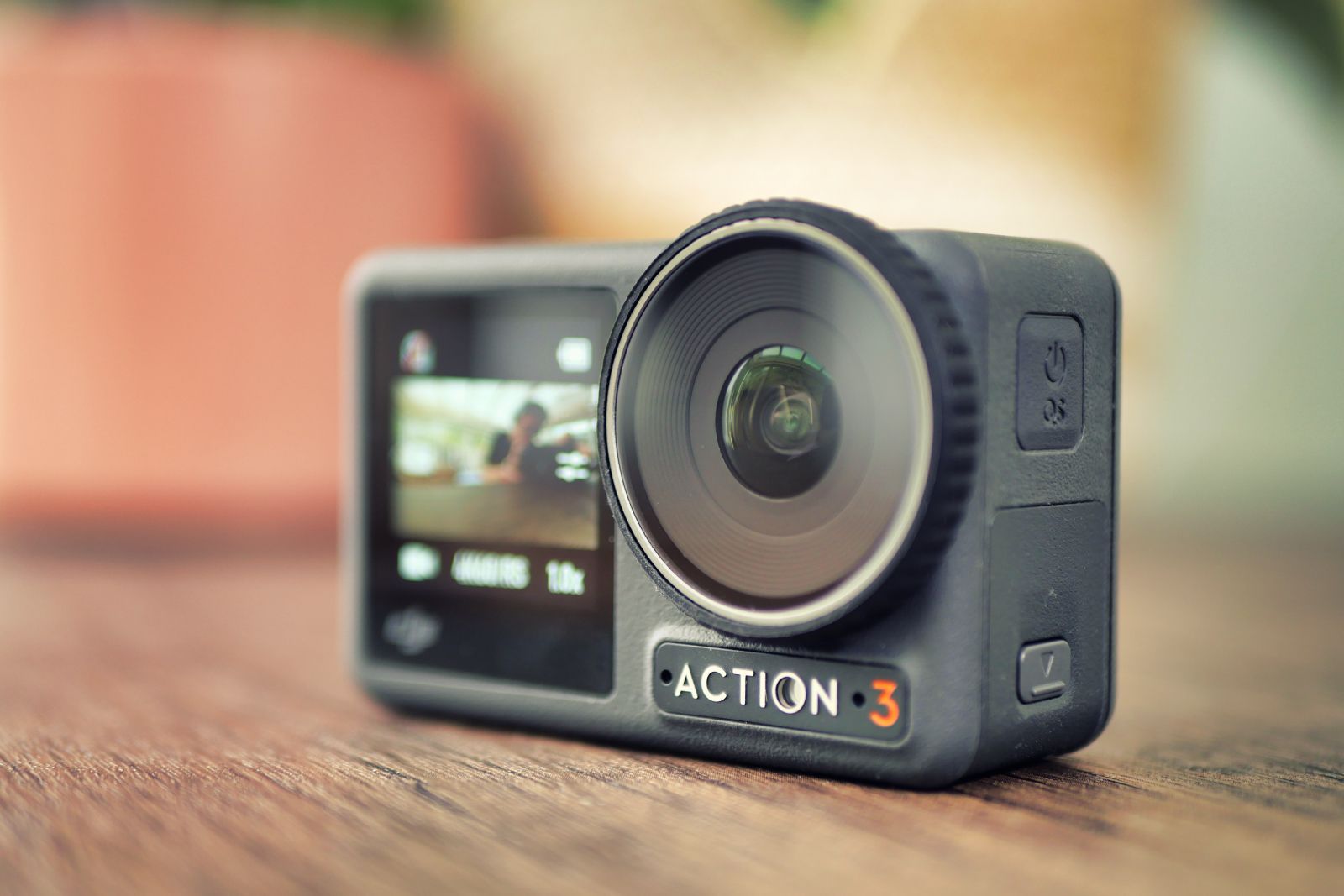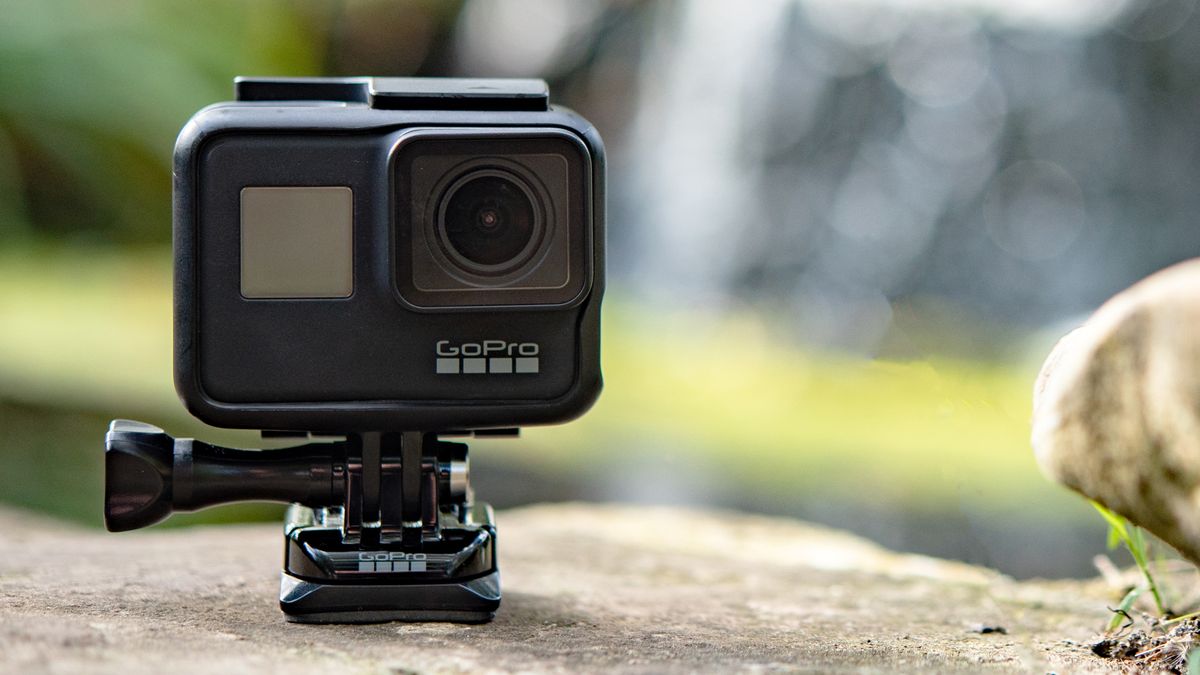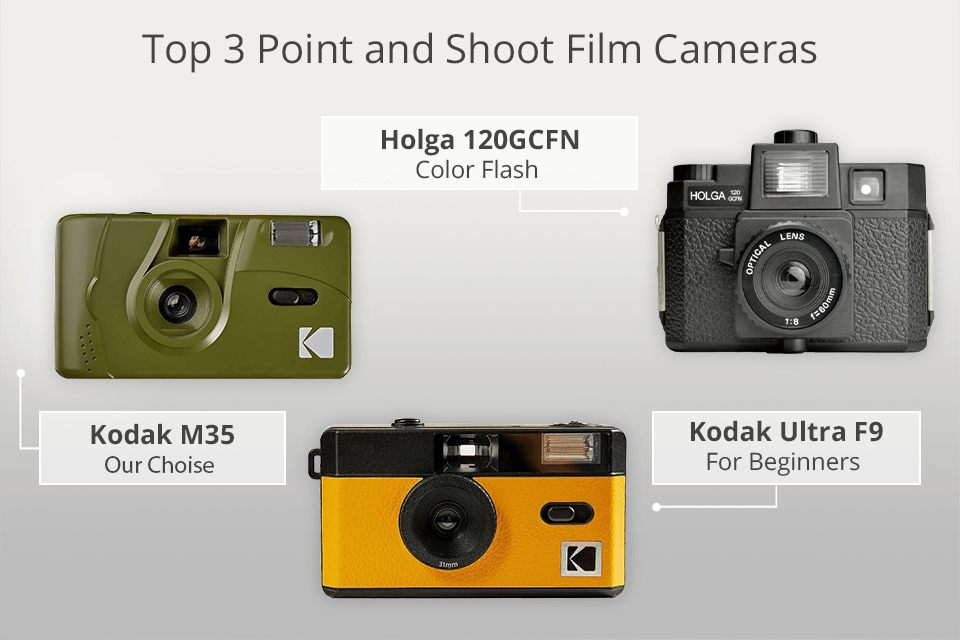Best Camera For Motion Shots
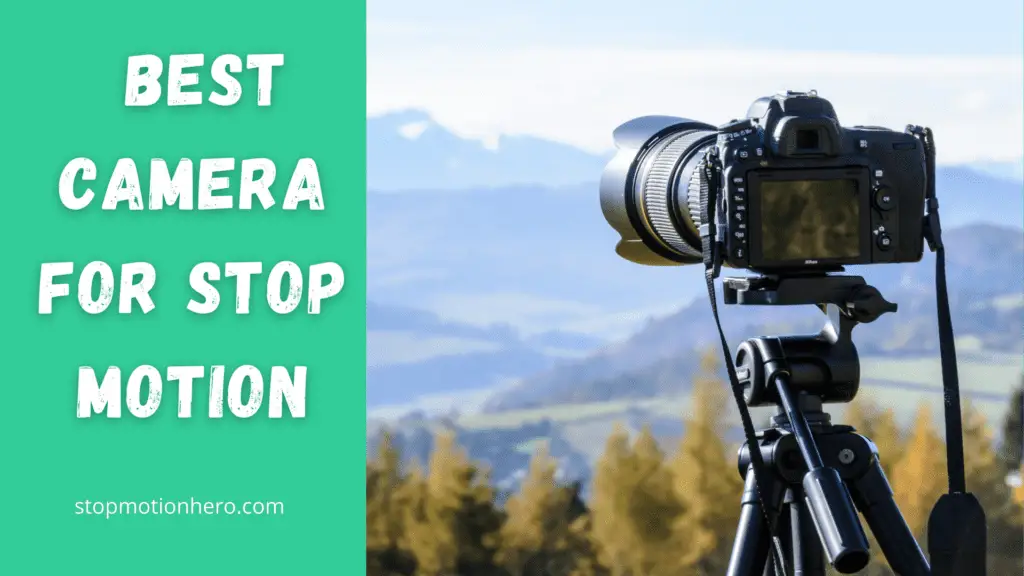
Capturing the blur of a race car, the grace of a dancer, or the joyous chaos of a child at play demands a camera that's more than just good – it needs to be exceptional at handling motion. For value-conscious shoppers, this means finding the sweet spot between performance and price, a balance we'll explore in detail.
This review is designed for the budget-minded photographer, videographer, and enthusiast who refuses to compromise on quality. We'll cut through the marketing hype and focus on the core features that truly matter when freezing motion: autofocus speed, burst shooting rate, and image stabilization.
Why a Dedicated Motion Camera Matters
Smartphones have come a long way, but when it comes to capturing fast-paced action, dedicated cameras still reign supreme. Their superior autofocus systems and faster burst rates allow you to capture the decisive moment with greater clarity and precision. This results in sharper images, fewer missed opportunities, and ultimately, a more rewarding shooting experience.
Shortlist of Top Motion Cameras for Value Shoppers
Here's a curated list of cameras that deliver excellent motion capture capabilities without breaking the bank:
- Best Overall (Mid-Range): Sony a6400
- Budget-Friendly Champion: Canon EOS Rebel SL3 (EOS 250D)
- Mirrorless Alternative: Olympus OM-D E-M10 Mark IV
- Action Camera King: GoPro HERO11 Black
Detailed Reviews
Sony a6400
The Sony a6400 is a powerhouse in a compact body. Its real-time tracking autofocus is incredibly accurate and sticky, ensuring your subject remains sharp even as they move erratically. The camera also boasts a fast 11fps burst mode, perfect for capturing a sequence of action shots.
While it lacks in-body image stabilization (IBIS), the Sony a6400 still offers excellent image quality and impressive low-light performance. Its extensive lens selection provides flexibility for various shooting scenarios, making it a solid choice for both stills and video.
Canon EOS Rebel SL3 (EOS 250D)
The Canon EOS Rebel SL3 is an excellent entry-level DSLR that's surprisingly capable when it comes to capturing motion. Its Dual Pixel CMOS AF system provides fast and accurate autofocus in live view, which is crucial for video and certain shooting situations. It offers 5fps burst shooting, which is decent for its price range.
This camera is incredibly lightweight and user-friendly, making it ideal for beginners. It features a vari-angle touchscreen that makes it easy to shoot from various angles. It produces pleasing images with Canon's signature color science.
Olympus OM-D E-M10 Mark IV
The Olympus OM-D E-M10 Mark IV is a compact and stylish mirrorless camera that offers impressive performance in a small package. It features a 5-axis in-body image stabilization (IBIS) system, which is a huge advantage when shooting handheld in low light or capturing video.
Its autofocus is fast and reliable, and its 8.7fps burst mode is adequate for most action scenarios. The smaller Micro Four Thirds sensor provides a deeper depth of field, making it easier to get everything in focus.
GoPro HERO11 Black
The GoPro HERO11 Black excels at capturing action in extreme environments. Its rugged and waterproof design makes it ideal for sports, travel, and outdoor adventures. The HyperSmooth 5.0 stabilization is incredibly effective, producing smooth and stable footage even in the roughest conditions.
While its image quality may not match that of larger-sensor cameras, its wide field of view and versatility are unmatched. It can capture stunning 5.3K video and excellent photos in challenging situations.
Side-by-Side Specs and Performance Scores
| Feature | Sony a6400 | Canon EOS Rebel SL3 | Olympus OM-D E-M10 Mark IV | GoPro HERO11 Black |
|---|---|---|---|---|
| Sensor Size | APS-C | APS-C | Micro Four Thirds | 1/1.9" |
| Autofocus System | 425-point phase detection | Dual Pixel CMOS AF | 121-point contrast detection | Contrast Detection |
| Burst Rate | 11 fps | 5 fps | 8.7 fps | Up to 24.7MP Stills from Video |
| Image Stabilization | Lens-based | Lens-based | 5-axis IBIS | HyperSmooth 5.0 |
| Video Resolution | 4K/30p | 4K/24p | 4K/30p | 5.3K/60p |
| Weather Sealing | Dust and moisture resistant | No | No | Waterproof to 33ft |
| Motion Capture Score (out of 10) | 9 | 7 | 8 | 8.5 |
Practical Considerations
Beyond the raw specifications, consider the following factors when choosing a camera for motion shots. Lens selection is crucial; a fast lens with a wide aperture (e.g., f/2.8 or wider) will allow more light to enter the camera, enabling faster shutter speeds and reducing motion blur. Battery life also plays a role, especially if you plan on shooting for extended periods.
Think about your specific shooting scenarios. An action camera like the GoPro is perfect for capturing extreme sports, while a mirrorless or DSLR camera may be better suited for more controlled environments. Don't forget about ergonomics and handling – a comfortable camera will make it easier to track moving subjects.
Summary
Choosing the best camera for motion shots involves balancing performance with budget. The Sony a6400 offers excellent autofocus and burst shooting for its price. The Canon EOS Rebel SL3 is a budget-friendly option with decent performance. The Olympus OM-D E-M10 Mark IV provides excellent stabilization in a compact body, and the GoPro HERO11 Black is unmatched for capturing action in extreme environments.
Consider your specific needs and shooting style when making your decision. Remember, the best camera is the one that helps you capture the shots you want, without emptying your wallet.
Call to Action
Ready to capture stunning motion shots? Visit our recommended retailers to explore these cameras further and find the perfect fit for your needs. Share your favorite motion photography tips and tricks in the comments below!
Frequently Asked Questions (FAQ)
Q: What is the most important feature for capturing motion?
A: Autofocus speed and burst shooting rate are the most crucial. Fast autofocus ensures your subject remains sharp, while a high burst rate increases your chances of capturing the perfect moment.
Q: Do I need in-body image stabilization (IBIS)?
A: IBIS is beneficial, especially when shooting handheld in low light or capturing video. However, lens-based stabilization can also be effective.
Q: Is a higher megapixel count always better?
A: Not necessarily. While more megapixels can provide more detail, they can also lead to larger file sizes and potentially worse low-light performance. A balance is key.
Q: Can I use my smartphone to capture motion?
A: Smartphones can capture decent motion shots in good lighting conditions, but they often struggle in low light or with fast-moving subjects. A dedicated camera will generally provide better results.


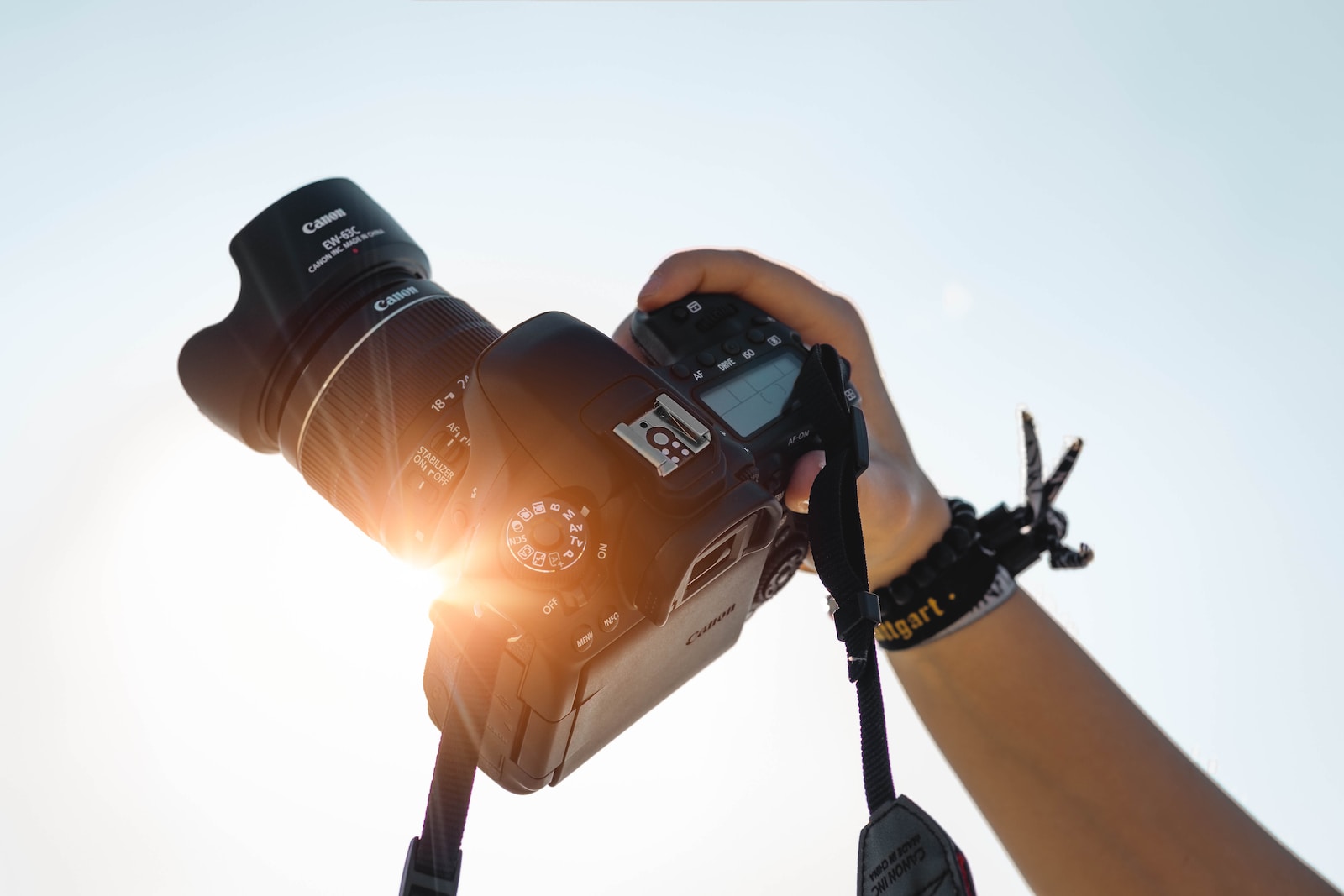
![Best Camera For Motion Shots 7 Best Video Cameras for Filmmakers [Digital Camera Buying Guide]](https://s.studiobinder.com/wp-content/uploads/2018/11/Best-Digital-Camera-Best-Camera-for-Video-Types-of-Camera-Professional-Digital-Camera-Sony-PXW-FS5.jpg?resolution=1366)
